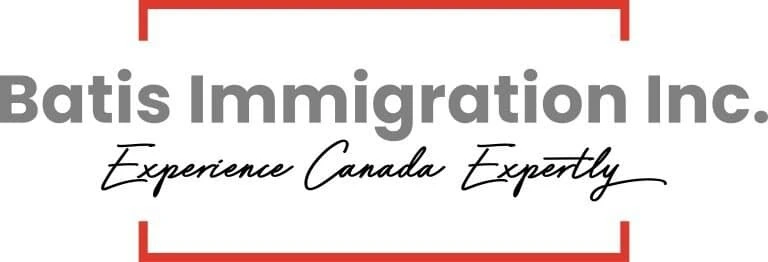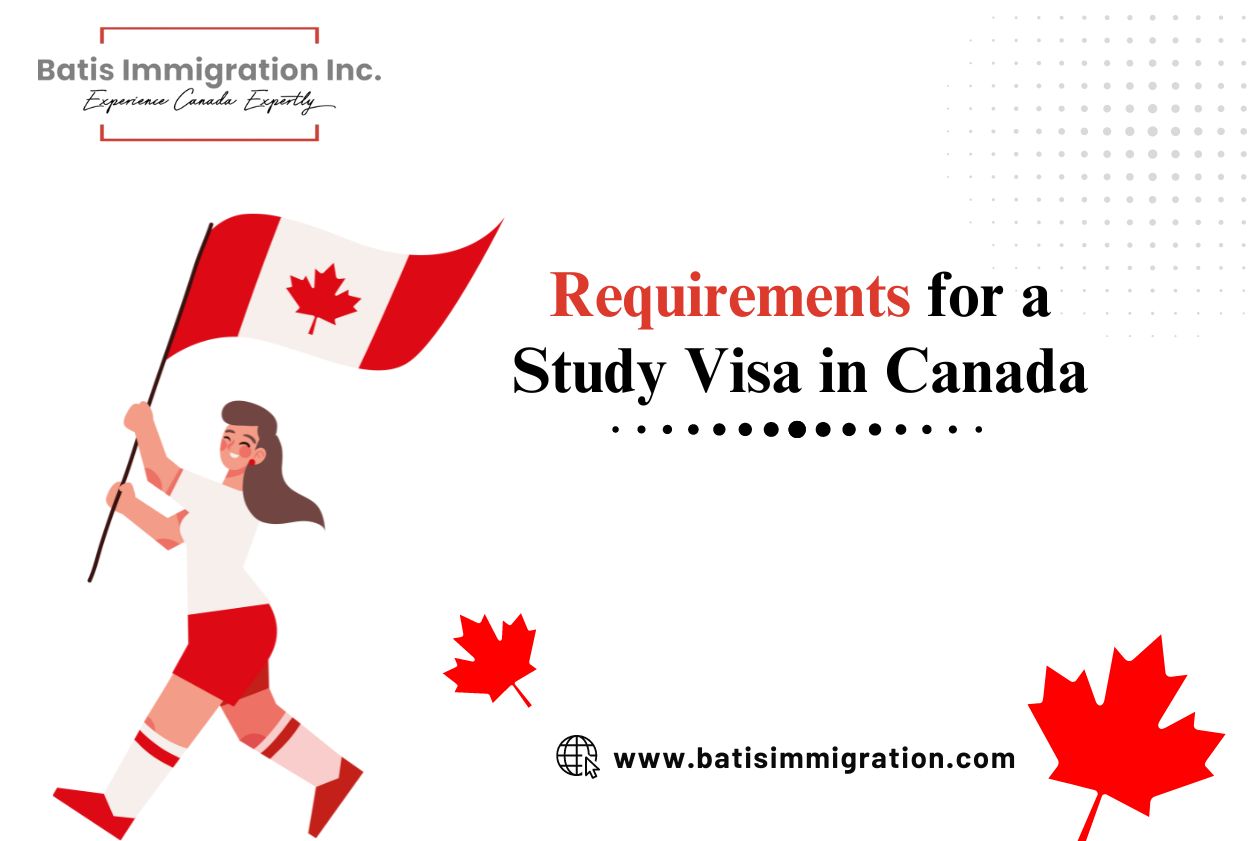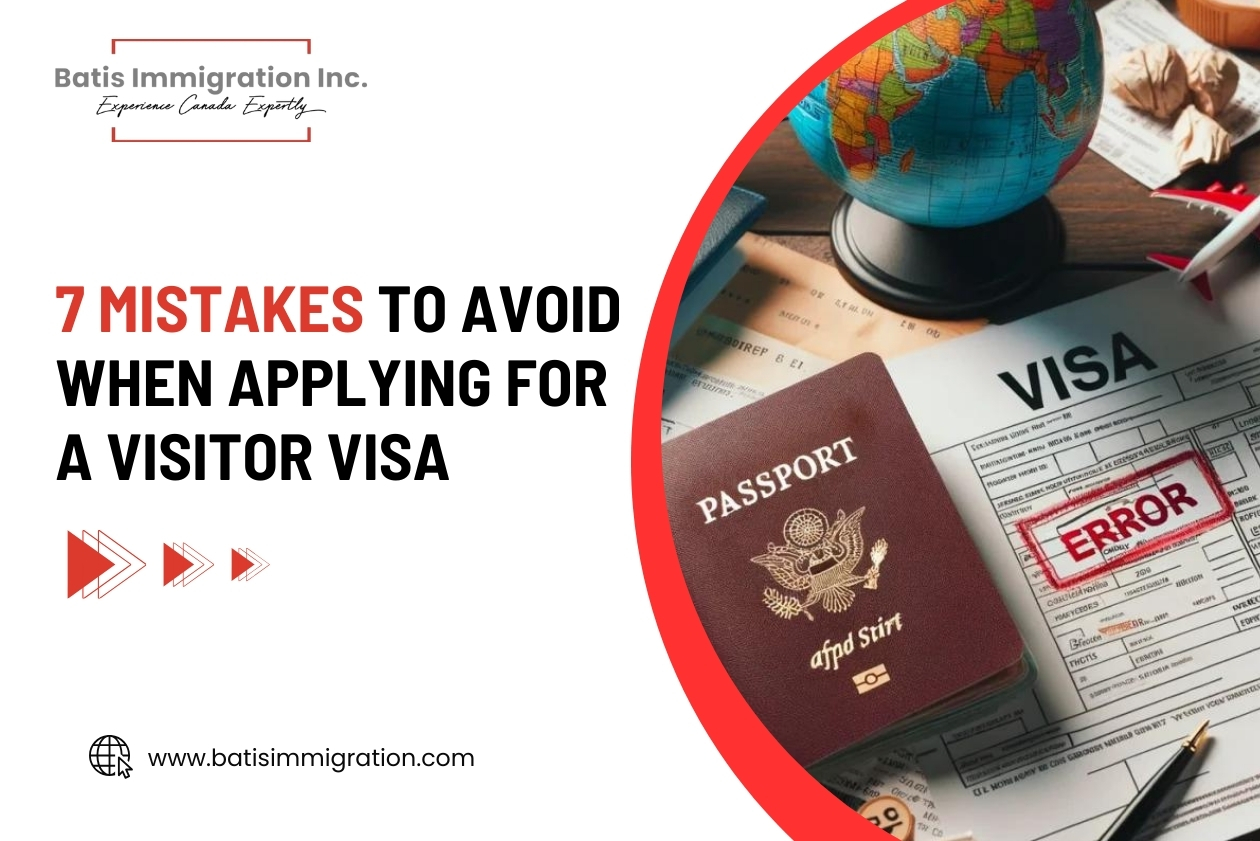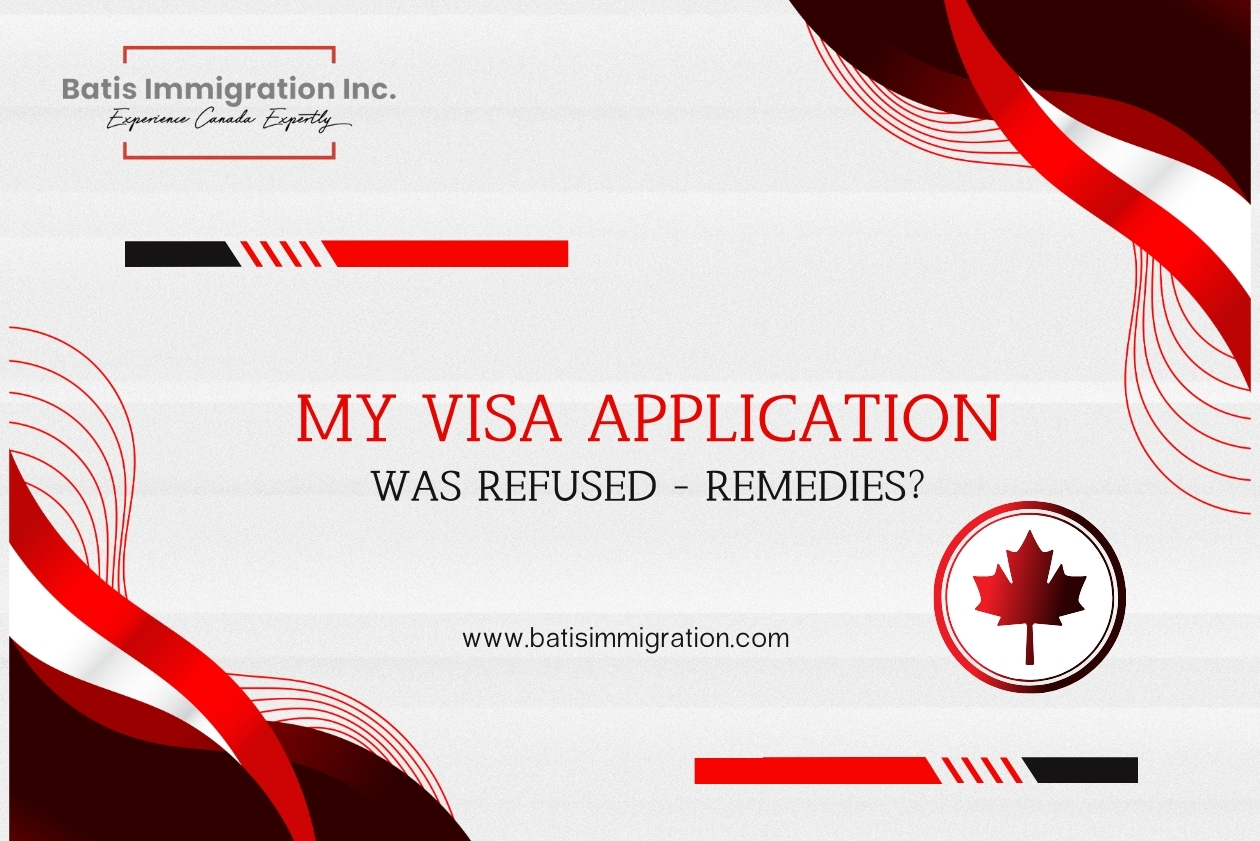1. Determine Which Programs You Might Qualify For The three main categories of immigration application that Canada offers are economic, family, refugee, and humanitarian. While

Table of Contents
1. Determine Which Programs You Might Qualify For
The three main categories of immigration application that Canada offers are economic, family, refugee, and humanitarian. While some programs do not, others do, some operate on a first-come, first-served basis. You can always book an online consultation with Batis Immigration to and we can assist you directing towards the best residency pathway you are suitable for.
2. Think About Seeking Guidance Or Representation From a Professional
There is no denying that Step One above can be difficult, but it’s crucial to remember that you can submit the Canada PR application by yourself. Help is, however, constantly accessible. Moving2Canada has teamed up with reputable, knowledgeable Regulated Canadian Immigration Consultants (RCICs) who can respond to your inquiries, thoroughly describe the procedure, and, if you desire, represent you before the Canadian immigration authorities.
3. Even if you Haven’t been Asked to Submit Any Documents Yet, Gather Them in Advance
IRCC will ask you for a number of documents as part of your Canada PR application. Obtaining certain documents may take months. Therefore, waiting until you are formally asked may cause things to take longer than they need to.
The police background check is one illustration. These background checks are typically issued by law enforcement agencies in some nations in a matter of weeks or even days, with little to no fuss. On the other hand, some nations take a long time to finish these background checks, so it might take weeks or even months before the document(s) are finally issued.
4. Check Twice, Then Three Times
Not because the applicant was ineligible, but rather because they failed to read the instructions, check an assumption, or address a concern, some Canada PR applications are delayed or rejected. This risk can be reduced if you go over the information, go over the document checklist several times, and talk to someone who can address your concerns.
5. Comply With Your List
There isn’t a single checklist for Canadian immigration. Depending on your unique situation and the immigration program you are applying to, IRCC will provide a specific checklist as part of your Canada PR application.
6. Ensure that Your Canada PR Application is Thorough and Accurate
The IRCC anticipates you to provide the items in the exact order listed because the checklist was created with you in mind. Be accurate and thorough, especially if you’re giving a justification for why some documents weren’t submitted in the manner that was required.
7. Pay Attention to Expiration Dates
Verify the expiration dates of the following papers, some or all of which may be required for your application for permanent residence in Canada:
– Passport
– Work or study authorization
– Background checks by the police
– Banking records
– Results of language tests
– Application invitation
– Medical evaluation
If you have trouble keeping track of everything, think about creating a system of alerts or reminders for yourself using a calendar or something similar. You can manage your application better if you do this.
8. Avoid Lapses in Time
Even if you are just on vacation, IRCC may want to know where you have been, why you were there, and when you went there. A comprehensive history of your employment and education may also be required. Time gaps could cause your application for permanent resident status in Canada to be delayed or rejected because they are likely to be noticed and questioned. Make a timeline of the last ten years of your life and make sure there are no gaps in it. Itineraries and email archives likely contain a record of much of your activity, so those are good places to start.
9. Alert the IRCC to Any Changes in the Situation
It might be a spouse or a young child, for instance. Do you want to travel with this person to Canada?
Have you relocated recently? completed your education at a higher level? Separated or divorced? If the answer is yes to any, inform IRCC of any changes as your application is being processed.
10. When Applying For Permanent Residence Application, Never Lie
A lie on an immigration application is referred to as “misrepresentation” and may result in severe criminal penalties.
Consider the Express Entry procedure. If an Express Entry applicant is found to have given false information when applying, they may be prohibited from reapplying or even from entering Canada for five years. Any person who has lied on an immigration application is subject to this five-year ban. Therefore, it is crucial to start off by giving accurate and correct information.
11. Maintain Backups of Your Documents
Keep copies of your submitted documents and forms, whether they are in hard copy or electronic format. Before submitting the actual Canada PR application, Express Entry applicants may want to take screenshots of the various pages of their profile as they proceed through the process. It’s always helpful to have backup copies of everything safely stored in physical and/or electronic form because you never know when you might need to refer to some aspect of your application in the future. Your scanner is a helpful tool.
12. Interact With Others in Similar Circumstances
It is not the first or the last time someone has applied for immigration to Canada. In fact, thousands of other applicants are currently vying for the same positions and hoping to settle permanently in Canada.



